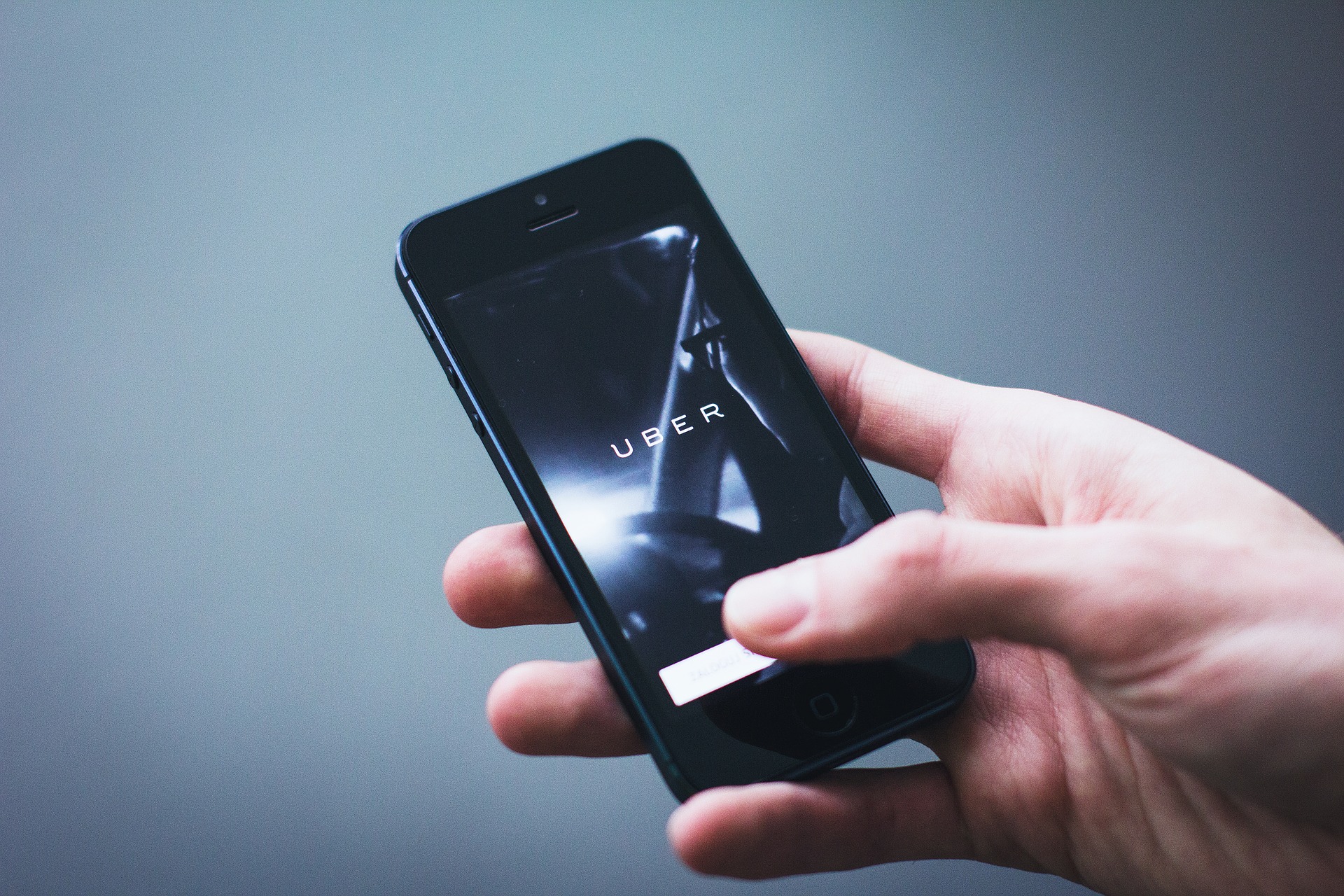Indian ride-hailing service OLA is launching in the UK and is promising to take the fight to Uber in a bid to become the UK’s most used public and private hire service provider. Over the last half decade, Uber have been the dominant ride-hailing service in the UK.
In London alone, Uber has over 45,000 drivers and over 3.6 million passengers regularly using the app. However, Uber’s pathway to this point has certainly not come without its speed bumps. In the last year alone, the American firm has been subject to protests, safety disputes and legal actions. TfL even took the decision to decline the renewal of Uber’s licence to operate, and they are now operating on a 15-month temporary licence.
Despite all the controversy surrounding e-hailing and concerns regarding illegitimate “plying for hire”, Indian ride-hailing giant Ola Cabs is set to launch in the UK, with plans to gain a significant chunk of the market.
Will Uber’s latest battle prove one too many?
Ola Cabs, one of the world’s largest ride-sharing companies, has now gained a licence to operate in Greater Manchester, and started operating in South Wales, with further plans of national expansion by the end of 2018. The company is yet to make an application for a London licence.
This international expansion is a new initiative for the business with a recent launch also happening in Sydney, Australia, but all the company’s main market remains in its home in India. Ola is hoping to gain an advantage amongst its competitors by becoming one of the first service to offer both private hire vehicles and metered taxis on a single smartphone app. The company has also vowed to charge drivers lower commission rates, starting at just 5 per cent for metered taxis and 10 per cent for minicabs.
Bhavish Aggarwal, chief executive of Ola, said in a statement: “Ola is excited to announce its plans for the UK, one of the world’s most evolved transportation markets. The UK is a fantastic place to do business and we look forward to providing a responsible, compelling, new service that can help the country meet its ever demanding mobility needs.”
While the company may be going up against the heavyweight Uber, both companies have the same major backer in their driving seat: Japanese Tech investor Softbank. And just like Uber, Ola has had its share of disputes and negative media attention. The company’s drivers have been accused of unethical behaviour – in some cases criminal, and the business has also been subject to data breaches, workplace rights concerns and issues with driver credibility.

Passenger Safety
Ola seemingly intends to improve and make these previous issues a thing of the past. General Secretary of the Licensed Taxi Drivers’ Association, Steve McNamara stated: “Ola says that it is committed to raising safety standards in the UK’s private hire industry from the get-go, unlike Uber”.
Ola appoint Ben Legg to lead UK expansion
This change of culture will be a big challenge, and the organisation has brought in Google’s former European Head of Operations, Ben Legg as their Managing Director of its UK operations. Legg will be expected to lead an experienced strategy team, with his main remit to ensure that Ola becomes a household name in the UK by the end of the year.
Bhavish Aggarwal, Co-Founder & CEO of Ola, said: “We’re delighted to have a talented leader like Ben at the helm as we start our operations in the UK. Ben has a diverse set of experiences that span strategy and operations and is best placed to drive the development of the business in one of the world’s most evolved transportation markets. Ola is focused on building the future of mobility and Ben will help us to achieve this mission in the UK”.
Ola is set to become another player in an already competitive taxi and private hire market in the UK. By offering a varied range of transportation options, highly competitive commissions and a substantial focus on safety standards, could Uber be ousted as the most used app?

